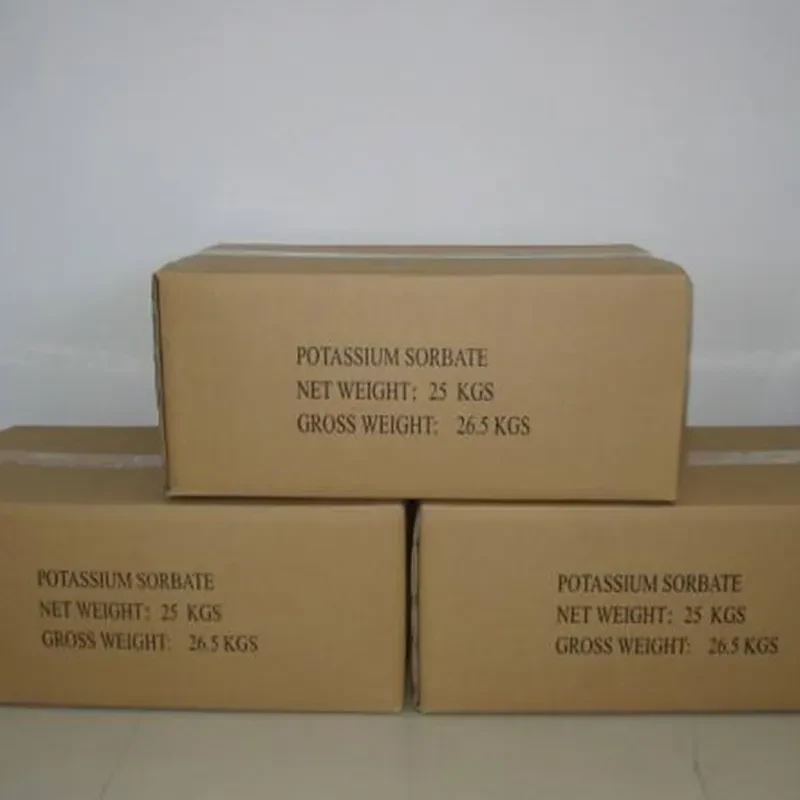
Exploring the Impact of Synthetic Additives on Food Safety and Nutrition
The Impact of Artificial Food Additives on Health and Society
In the modern food industry, artificial food additives have become ubiquitous. From enhancing flavors to preserving freshness, these substances play a significant role in the food we consume. However, their usage has sparked considerable debate regarding their safety and impact on public health. This article aims to explore the nature of artificial additives, their benefits and potential health risks, and the implications for consumer choices.
Artificial food additives are synthetic substances added to food to improve its taste, appearance, texture, or shelf life. Examples include artificial sweeteners like aspartame, preservatives like sodium benzoate, and colorants like Red 40. The use of these additives can be traced back to the early 20th century and has increased dramatically with the growth of the processed food industry. They can make food products more appealing and convenient, allowing for the mass production of products that might otherwise spoil quickly.
One of the primary advantages of artificial additives is their ability to enhance flavor. For instance, artificial sweeteners provide a sweet taste without the calories associated with sugar, making them appealing to those seeking to reduce caloric intake. Additionally, preservatives prevent the growth of pathogens and extend the shelf life of products, thereby reducing food waste and ensuring that consumers have access to safe food.
However, the benefits of artificial additives are not without controversy. Numerous studies have raised concerns about the potential health risks associated with their consumption. For example, some studies have linked artificial sweeteners to metabolic disorders, including obesity and diabetes, while others have pointed to potential connections between certain colorants and hyperactivity in children. Despite regulatory bodies like the FDA and EFSA deeming many additives safe in moderation, public apprehension persists.
artificial food additives

One major aspect of the debate is transparency in food labeling. Consumers are increasingly aware of what goes into their bodies and are calling for clearer labeling on food products. Many worry that artificial additives are not sufficiently tested for long-term health effects, leading to a preference for “natural” alternatives. The growing trend of clean eating has driven some manufacturers to reformulate their products to exclude artificial ingredients, aiming to meet consumer demand for healthier options.
The impact of artificial food additives also extends beyond individual health concerns; they shape broader societal trends. As more people become health-conscious, there is an increasing shift towards organic and whole foods. This trend challenges the processed food industry to innovate and adapt. Moreover, this shift often links back to issues of environmental sustainability, as consumers look for products that not only promote health but also reduce ecological footprints.
In addition to health implications, the use of artificial food additives raises ethical considerations. The disparity in food availability and safety standards globally suggests that not all populations have equal access to healthy food options. For instance, in many developing countries, the regulated use of additives may be less stringent, resulting in potential health risks for consumers. This disparity highlights the importance of global dialogue about food safety and consumer rights.
Overall, artificial food additives serve a critical role in the food industry, providing benefits such as flavor enhancement and preservation. However, their potential health risks and the growing consumer demand for transparency and natural alternatives demand a careful approach to their use. As researchers continue to study the long-term effects of these substances, it is crucial for consumers to remain informed and advocate for healthier food policies.
In conclusion, the presence of artificial food additives in our diets presents both advantages and disadvantages. While they contribute significantly to convenience and food safety, their possible health implications warrant caution. As awareness of food sources and ingredients rises, society faces the challenge of navigating the balance between modern food technology and health consciousness. Engaging in informed discussions about food additives is essential for creating a healthier future for consumers everywhere.
-
Understanding Synthetic Rubber OptionsNewsApr.27,2025
-
Trichloroisocyanuric Acid: Essential for Clean and Safe WaterNewsApr.27,2025
-
Sodium Dichloroisocyanurate: Key to Safe Water TreatmentNewsApr.27,2025
-
Sodium Acid Pyrophosphate: Essential in Modern Food ProcessingNewsApr.27,2025
-
Essential Water Treatment ChemicalsNewsApr.27,2025
-
Denatured Alcohol and Its Industrial UsesNewsApr.27,2025
-
The Versatile Uses of Sodium BicarbonateNewsApr.24,2025
Hebei Tenger Chemical Technology Co., Ltd. focuses on the chemical industry and is committed to the export service of chemical raw materials.
-

view more DiethanolisopropanolamineIn the ever-growing field of chemical solutions, diethanolisopropanolamine (DEIPA) stands out as a versatile and important compound. Due to its unique chemical structure and properties, DEIPA is of interest to various industries including construction, personal care, and agriculture. -

view more TriisopropanolamineTriisopropanolamine (TIPA) alkanol amine substance, is a kind of alcohol amine compound with amino and alcohol hydroxyl, and because of its molecules contains both amino and hydroxyl. -

view more Tetramethyl Thiuram DisulfideTetramethyl thiuram disulfide, also known as TMTD, is a white to light-yellow powder with a distinct sulfur-like odor. It is soluble in organic solvents such as benzene, acetone, and ethyl acetate, making it highly versatile for use in different formulations. TMTD is known for its excellent vulcanization acceleration properties, which makes it a key ingredient in the production of rubber products. Additionally, it acts as an effective fungicide and bactericide, making it valuable in agricultural applications. Its high purity and stability ensure consistent performance, making it a preferred choice for manufacturers across various industries.











